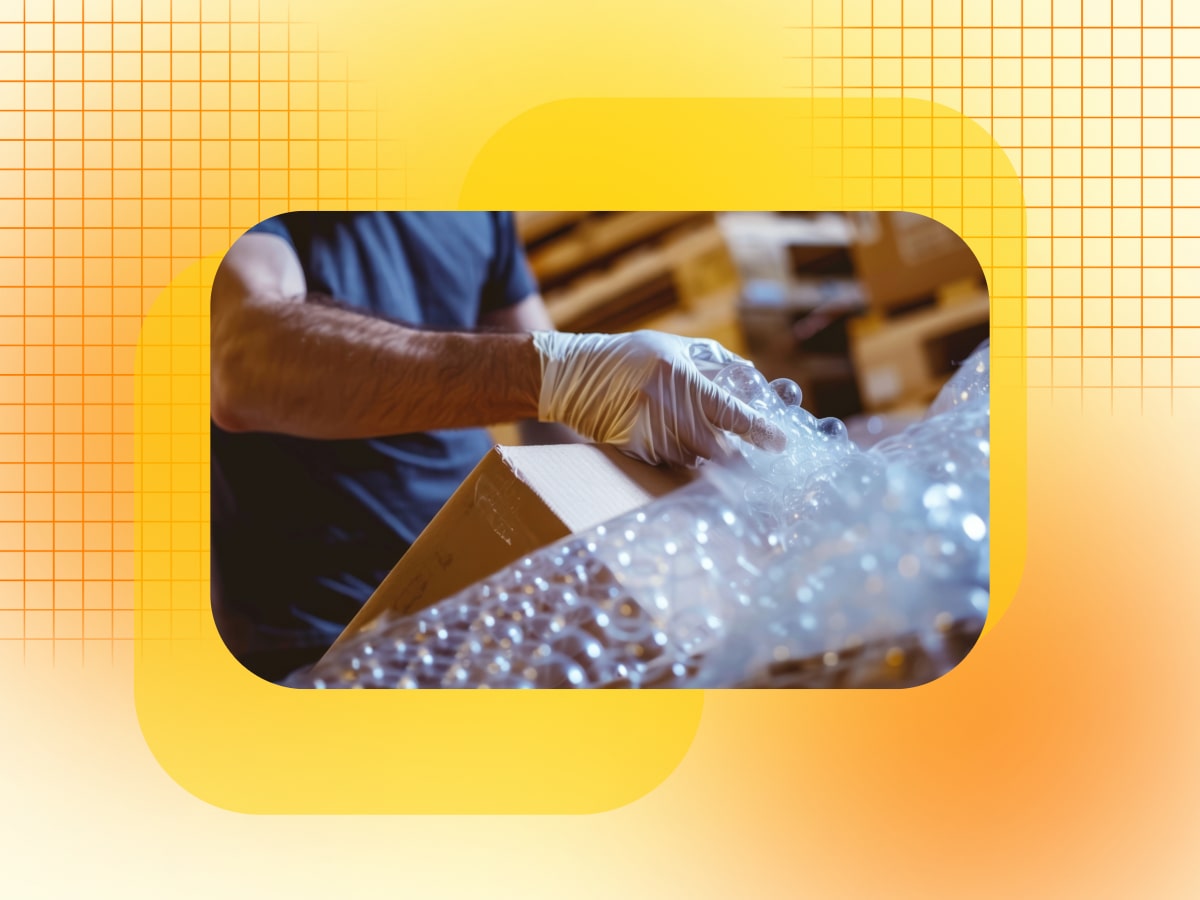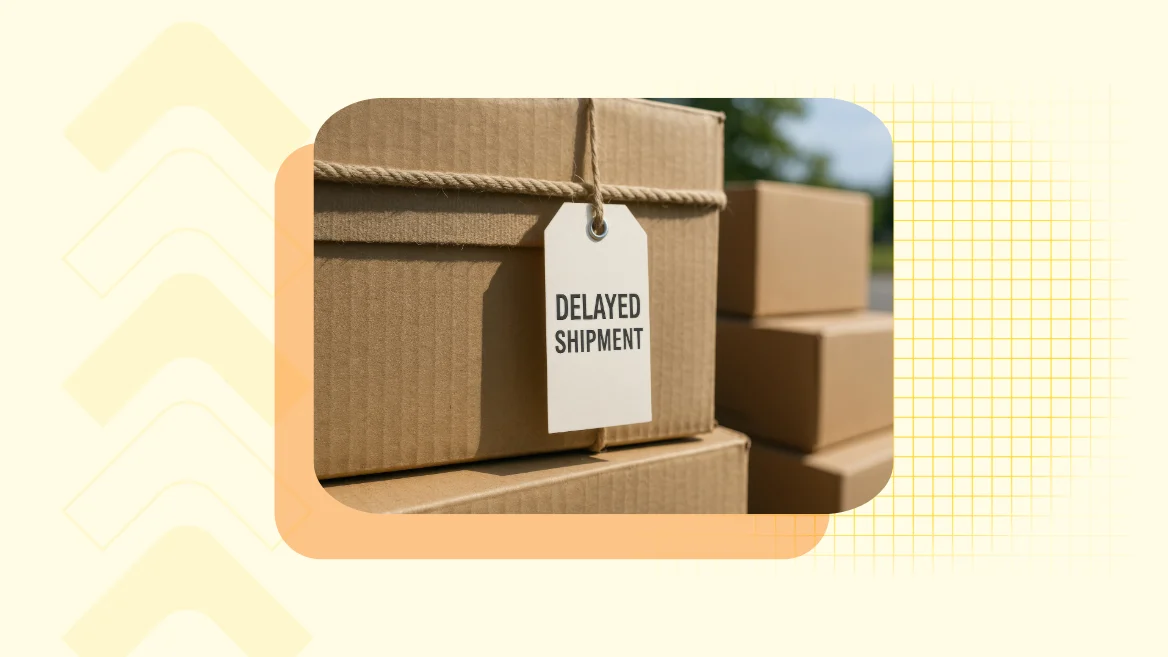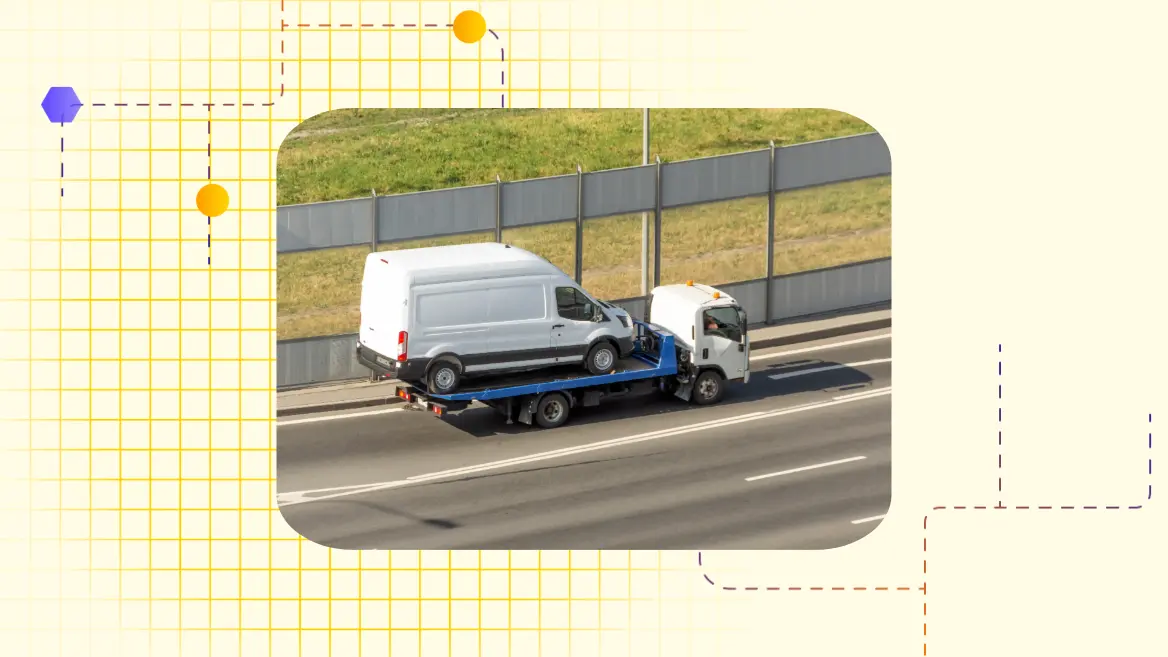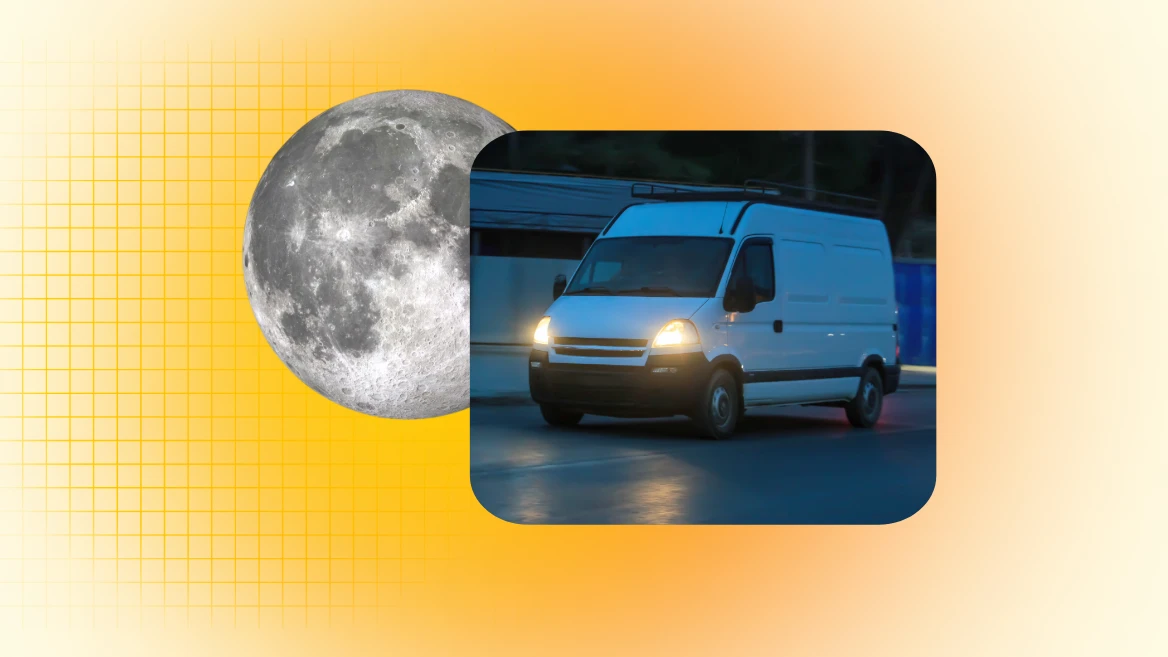If you’re a courier just starting out, you might be looking for ways to stand out or take on more specialised work. One option worth considering is getting a waste carrier licence. It can open the door to a niche that’s often overlooked, but has solid earning potential and steady demand.
In this guide, we’ll explain what it is, how to apply, what it costs, and how it fits into building your courier business.
What we’ll cover
What is a waste carrier licence?
A waste carrier licence lets you legally transport waste as part of your business. That includes any rubbish, scrap, or unwanted material you carry for someone else, whether it’s being dumped, recycled, or reused.
Even if the load doesn’t seem like “waste” in the usual sense, it can still count. For example, if you collect used tyres from a garage or move broken appliances for a council, you’ll need to register as a waste carrier.
You apply for the licence through the Environment Agency (in England), Natural Resources Wales, or the Scottish Environment Protection Agency.
There are two types of licence:
- Lower tier – for certain organisations or when you carry your own business waste.
- Upper tier – for couriers and others who transport waste on behalf of clients. This is the one you’ll need for owner driver jobs.
Common waste types carried by couriers
Couriers working in this space can end up handling a wide range of waste loads. Typical examples include:
- Scrap metal from garages or small industrial units
- Garden cuttings and soil from landscapers
- Old white goods (fridges, washing machines)
- Construction offcuts like plasterboard or timber
- Electronics and IT equipment from office clear-outs
Even if the load doesn’t smell like rubbish, it could still be classed as waste legally. It’s always best to check with the customer and Environment Agency websites if you’re unsure.
Do I need a waste carriers licence for this work?
If you’re being paid to carry anything that’s classed as waste, then yes, you likely do.
A few exceptions exist. If you’re only moving your own business waste (like packaging or damaged goods from your van), and you’re not getting paid to transport it, then the lower tier might cover you.
But if you’re picking up anything from customers – whether it’s going to the tip, a recycling site, or even being reused – you’ll need the upper tier licence.
This applies even if you only do it occasionally.
Why some couriers focus on waste work
The logistics industry is full of opportunity, but it’s also competitive. Many new couriers take on anything and everything to get started.
That can work depending on the location of your courier business, but narrowing your focus can help you build quicker.
Working as a registered waste carrier means you can tap into a more specific group of clients, including:
- Local authorities and housing associations
- Landscaping firms and garden centres
- Scrap metal dealers
- IT recycling firms
- Builders and property managers
These businesses often need someone reliable for regular clearances. If you’re consistent and easy to work with, you could find steady high-value courier jobs all year round.
Benefits of going niche
Focusing on waste loads gives you a clearer identity in the market. It can also lead to more repeat work than general pallet or parcel runs. You’re not just another van driver; you’re someone who understands how to deal with waste loads properly.
And the competition? It’s usually lower. Many couriers shy away from waste because they’re unsure about the rules. That gives you an edge if you’re willing to register and handle things properly.
This kind of work also pairs well with other specialist courier services, like moving construction materials or bulky clearances.
How much is a waste carriers licence?
The waste carrier licence cost depends on where you apply and what type you need.
In England, the upper tier licence costs around £154 for a three-year period. Renewals are usually a bit cheaper. You apply online through the Environment Agency. Scotland and Wales have similar pricing structures, though it’s always worth checking current fees on their websites.
The lower tier licence is free, but doesn’t cover you for carrying other people’s waste.
Waste carrier licence cost vs. potential earnings
At first glance, £154 might seem like a cost you can skip, but if you take just a few waste jobs a month, you’ll easily make it back.
Say a small landscaping firm hires you to clear garden waste weekly. Even at £40 per trip, that’s over £2,000 a year. That makes a waste carrier licence a pretty solid investment in your courier business.
There’s also less competition in this space, especially in smaller towns or rural areas.
And once you’re registered, you can advertise yourself as a licensed waste carrier—adding trust and professionalism to your profile.
What to expect after you apply
The application process is pretty straightforward. You’ll fill out some business details online, answer a few questions about the type of work you do, and pay the fee.
In most cases, you’ll get your licence number in a few days, and receive a certificate shortly after. You’ll also appear on the public waste carriers register, which potential load posters can search if they want to double-check your status.
Make sure your business name, contact details, and licence number are easy to find on your website or profile.
Waste carriers licence rules and compliance
Being registered isn’t just about ticking a box. You’ll need to keep basic records and follow some rules when carrying waste.
If you’re stopped by the Environment Agency or a local authority, they might ask to see:
- Your waste carrier licence certificate or number
- Waste transfer notes or job sheets
- Details of where the waste is going
It’s good practice to keep digital copies of job info, including client names, collection times, and delivery points. If you’re a member of Courier Exchange, all of your past jobs and PODs are stored online and accessible whenever you need them.
Staying compliant as a registered waste carrier
You’re responsible for what happens to the waste you carry. That means making sure it goes to an authorised facility, like a licensed tip or recycling site.
You don’t need to store waste or process it, but you do need to handle it correctly while it’s in your van.
Make sure your van’s secure and suitable for the loads you’re carrying. A van with partitions or tie-down points helps here. If you’re thinking about upgrading, our guide on buy or hire a courier van is worth a read.
Limitations of a waste carrier licence
The waste carrier licence lets you transport waste, but it doesn’t let you store it, sort it, or run a full recycling business. For that, you’d need extra permits.
There are also limits on what type of waste you can move. If you’re dealing with hazardous waste—like chemicals or asbestos—you’ll need to register for that separately. You might also need ADR certification, depending on the load type.
And of course, you’ll still need proper courier insurance, vehicle tax, and any local permits required for disposal sites.
This type of work can be messy, so keeping your van clean and well organised matters. Some drivers even invest in a second van just for waste jobs as their courier fleet grows, or upgrade to trucks to expand their per-job capacity – choosing the right truck size is important if that’s your plan. Alternatively, you can look for courier subcontractors with a waste carrier licence, and use them to expand your capacity and enable specialist waste services.
Get access to 13,000+ daily loads on Courier Exchange
Be your own boss. Set your own hours. Make your own money.
Frequently Asked Questions
How much is a waste carriers licence in the UK?
The current waste carrier licence cost for an upper tier licence in England is £154, valid for three years. Renewals cost less. This applies if you’re moving other people’s waste for money. Lower tier licences are free, but limited in scope.
You can apply online via the Environment Agency, Natural Resources Wales, or SEPA.
Do I need a waste carriers licence for scrap metal?
Yes, if you’re collecting scrap metal for others (even if you’re dropping it off at a licensed yard) you’ll need a waste carriers licence.
If you’re buying and selling scrap as a business, you may also need a scrap metal dealer’s licence. Always check with your local council for extra rules.
How long does it take to get a waste carrier licence?
Most drivers receive confirmation within 1 to 5 working days, depending on the agency and the accuracy of your application. Your details will also be added to the public register, which clients can search online.
Can I use my waste carrier licence across the UK?
In general, yes. If you register with the Environment Agency (England), your licence is recognised in Wales and Scotland too. But if you’re based primarily in Scotland or Wales, you should register with SEPA or Natural Resources Wales instead.
What happens if I carry waste without a licence?
You could face fines of up to £5,000 or more, and risk losing contracts with clients who require compliance. Your van might also be seized if it’s used illegally. It’s not worth the risk – especially when the licence is cheap and easy to get.




